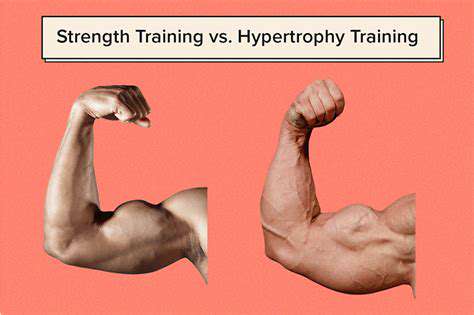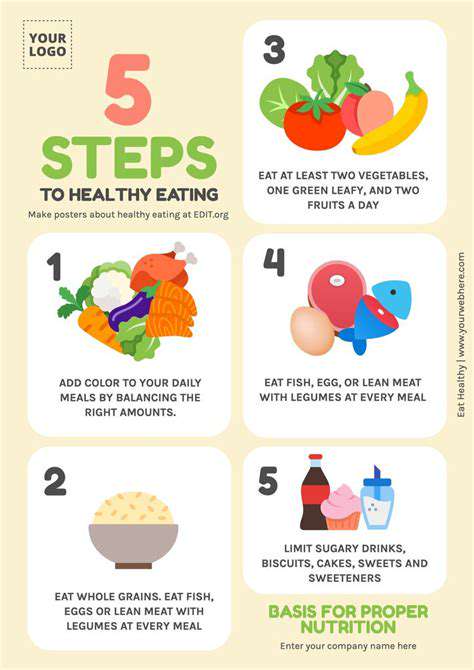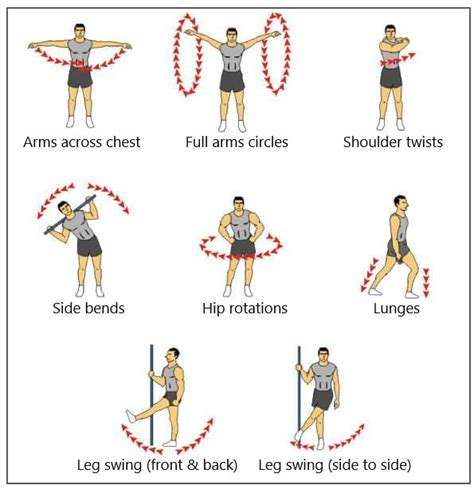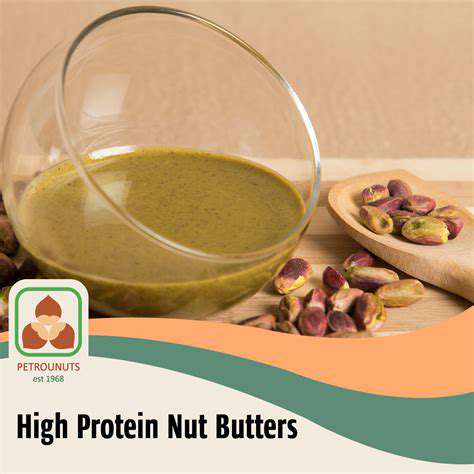Best Nutrition for Pregnant Vegetarians
Iron deficiency remains one of the most widespread nutritional challenges worldwide, impacting individuals regardless of gender. Many people don't recognize the early warning signs, as they often appear as mild symptoms that might seem unimportant. Our bodies rely heavily on iron to distribute oxygen efficiently, and when levels drop too low, people commonly experience exhaustion, reduced strength, and trouble focusing. These effects can significantly impair both physical capabilities and mental sharpness. Expecting mothers and young children face particularly high risks, making proper iron consumption essential for normal growth and development.
If left unaddressed, chronic iron deficiency can create serious health consequences that affect quality of life and may contribute to more complex medical conditions. Identifying the problem early and taking proper corrective measures makes all the difference in avoiding negative outcomes. Both iron-rich foods and carefully monitored supplements serve as valuable tools for correcting deficiencies and supporting good health.
Vitamin B12: Vital for Nerve Function
This often-underappreciated nutrient performs indispensable functions in maintaining nervous system health and supporting red blood cell formation. When vitamin B12 levels become insufficient, people may develop neurological issues, persistent tiredness, or blood-related disorders. The body's ability to absorb this vitamin involves multiple steps, and various elements like digestive efficiency, certain medications, and natural aging can influence this process. Recognizing these variables helps people maintain proper levels and prevent potential health complications.
Iron and B12: A Synergistic Relationship
Though they might appear unrelated, these two nutrients actually work together in important ways. While iron contributes to red blood cell production, vitamin B12 ensures these cells remain healthy and functional. This interdependence highlights why balanced consumption of both nutrients matters for maintaining wellness.
Deficiencies in either nutrient can create ripple effects. For instance, insufficient iron may impair the body's capacity to use vitamin B12 effectively, just as low B12 levels might influence iron metabolism. Therefore, paying equal attention to both nutrients helps safeguard overall health and prevents potential complications.
Dietary Sources of Iron and B12
Numerous foods provide these essential nutrients, making dietary adjustments an effective strategy. Excellent iron sources include red meats, poultry, and seafood. Plant-based options like spinach, various beans, and lentils also contribute, though the body typically absorbs iron from plants less efficiently than from animal products.
For vitamin B12, animal-derived foods like meats, eggs, and dairy products represent the richest natural sources. Vegetarians and vegans might need to consider fortified products or supplements after consulting with nutrition experts to ensure proper intake levels.
Supplementation and Medical Advice
Sometimes diet alone proves insufficient for meeting daily iron and B12 requirements. In such cases, professionally supervised supplementation may become necessary. Seeking medical advice before beginning any supplement routine remains absolutely essential. This precaution becomes particularly important for people managing existing health conditions or taking medications that might interact with these nutrients.
Attempting self-treatment with supplements without proper guidance can lead to unintended consequences. Healthcare providers can accurately identify deficiencies and recommend appropriate solutions, ensuring safety and effectiveness tailored to individual circumstances. This personalized approach helps maintain optimal health outcomes.
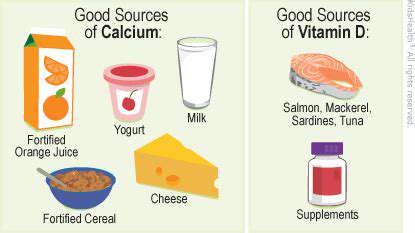
Protein Power: Essential for Growth
Protein Sources for Vegetarians
Expectant mothers following vegetarian diets should pay special attention to protein consumption, as plant proteins generally offer lower biological value than animal sources. Diverse options including various legumes, soy products, ancient grains, and nuts can help meet requirements. Thoughtful meal planning that incorporates multiple protein sources throughout the day supports proper fetal growth.
Building meals around these nutritious plant proteins proves vital for healthy pregnancy outcomes. Learning about different protein sources and their nutritional profiles helps create varied, balanced menus without over-relying on limited options.
Importance of Protein During Pregnancy
Protein serves as the fundamental building block for developing fetal organs, muscles, and tissues. It also contributes to hormone and enzyme production while supporting immune function through antibody formation. Maintaining proper protein intake helps prevent pregnancy complications and ensures the growing baby receives necessary nutrients throughout gestation.
Complementary Proteins and Meal Planning
While many plant proteins provide valuable amino acids, some lack certain essential varieties. Strategically combining different protein sources—like pairing legumes with whole grains—helps create complete amino acid profiles. Understanding these nutritional synergies enables better meal planning for comprehensive nutrition.
Protein Requirements During Pregnancy
Determining appropriate protein intake for pregnant vegetarians requires individual assessment. While general guidelines exist, consulting nutrition professionals helps establish personalized recommendations based on factors like pre-pregnancy weight, activity patterns, and overall health status.
Vegetarian Diets and Nutritional Deficiencies
Though well-designed vegetarian diets can support healthy pregnancies, potential shortfalls in iron, calcium, vitamin B12, and vitamin D require attention. Nutrition experts can identify possible gaps and suggest dietary adjustments or targeted supplementation when needed.
Protein-Rich Vegetarian Snacks
Regular protein intake throughout the day supports steady fetal development. Convenient options like yogurt with berries, steamed soybeans, or mixed nuts provide portable nutrition that fits easily into busy schedules, promoting consistent nourishment during pregnancy.
Read more about Best Nutrition for Pregnant Vegetarians
Hot Recommendations
-
*Guide to Managing Gout Through Diet
-
*Best Habits for Financial Well being
-
*How to Build a Routine for Better Mental Health
-
*How to Eat Healthy on a Budget [Tips & Meal Ideas]
-
*Guide to Practicing Self Acceptance
-
*How to Incorporate More Movement Into Your Day
-
*Guide to Managing Chronic Pain Naturally
-
*Guide to Building a Reading Habit for Well being
-
*Top 5 Weight Loss Supplements That Actually Work
-
*Best Exercises for Postpartum Recovery [Beyond Abdominal Work]


